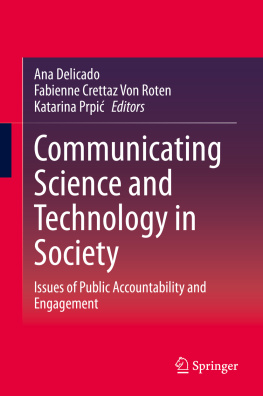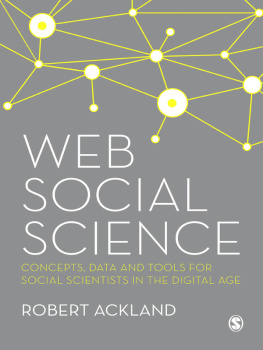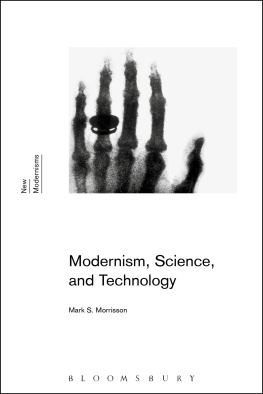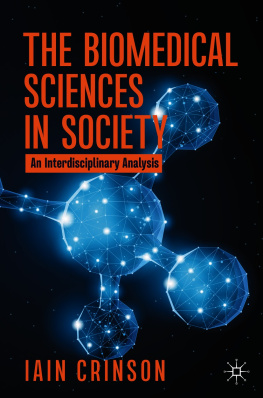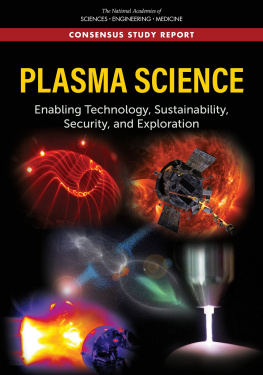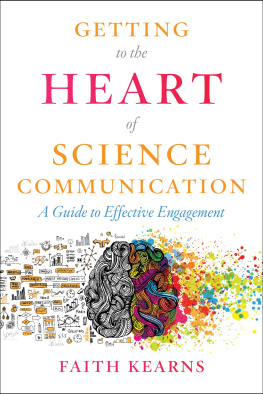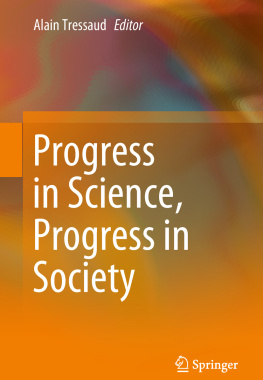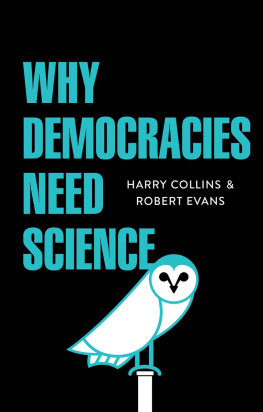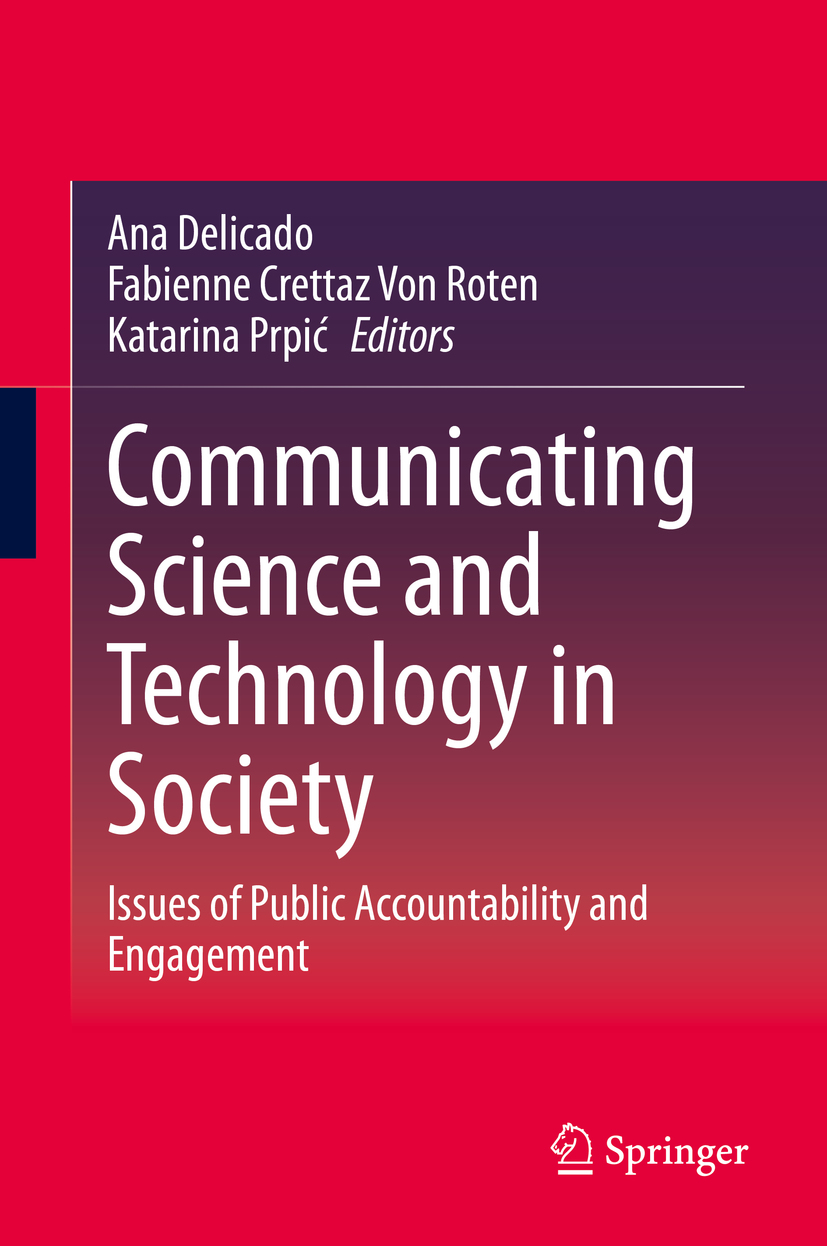is a Research Fellow at the Instituto de Cincias Sociais da Universidade de Lisboa. She has a PhD in Sociology (University of Lisbon, 2006) and specializes in social studies of science and technology. She has conducted research on science museums and exhibitions, public understanding of science activities, environmental risks , international mobility of researchers, scientific associations , climate change, social acceptance of energy technologies, and disaster risk. She is vice-coordinator of ICSs Observa Observatory of Environment, Territory, and Society. She currently coordinates the Executive Board of SSTNET (RN24) of the European Sociological Association (ESA) and is a member of the European Association for the Study of Science and Technology (EASST).
An Overview
The sociology of science and technology has been gradually broadening its scope of study. Early works paid particular attention to the functioning of the scientific system , such as the values and norms that regulate it, the rewards and the reputation of individual scientists, the competition and collaboration within the scientific community , the accumulation of scientific capital, and the strategies of reproduction or subversion (see, for instance, Hagstrom
A third and more recent strand of research in the sociology of science concerns how the scientific field connects with other spheres of society. This strand derives partially from changes in science itself. Increasingly pushed to leave their ivory tower, to become accountable to taxpayers, to generate useful, marketable products, to take responsibility for negative impacts, to engage with the concerns of citizens and stakeholders and regain their trust , scientists are forced to establish ties with non-academic actors.
Sociology of science and technology has generated many theoretical frameworks to understand these changes. For example, Actor-Network Theory connects experts and non-experts, humans, and non-humans, and examines the translations that necessarily occur in their interactions (e.g. Callon : 7).
More recently, this concern with openness to society has become enshrined in science policies , such as the RRI Responsible Research and Innovation framework promoted by the European Commission (Grunwald ). According to the definition proposed by Schomberg,
Responsible Research and Innovation is a transparent, interactive process by which societal actors and innovators become mutually responsive to each other with a view to the (ethical) acceptability, sustainability and societal desirability of the innovation process and its marketable products (in order to allow a proper embedding of scientific and technological advances in our society (Schomberg , 47).
Among other issues, RRI encompasses ethics , governance , and public engagement and has become a mandatory issue in research carried out with European funding .
Conversely, science funding is increasingly dependent on demonstrating the societal impact of research, showing its economic and social value and usefulness, with significant consequences over assessment practices (Whitley ).
These trends have greatly multiplied the objects of study addressed by sociologists of science and technology and led to increasingly porous borders with other sub-disciplines of sociology (environmental sociology, political sociology, sociology of social movements , sociology of health , sociology of communication , to name just a few).
One such object may the relations between science and the policy sphere. Some sociological research has been focusing on scientific advice for policy , in the sense of the use of knowledge to facilitate or improve decision-making (Pielke ).
Sociological interest in these forms of participatory decision-making and consensus building stems also from its reverse. In the past few decades there have been a multitude of scientific controversies spilling out to the public sphere and embroiling citizens, and attracting the attention of sociologists. From mad-cow disease (Miller ).
Less contentious but no less bountiful for sociological research is another kind of encounter between scientists and citizens, namely in the co-production of knowledge. Callon ().

